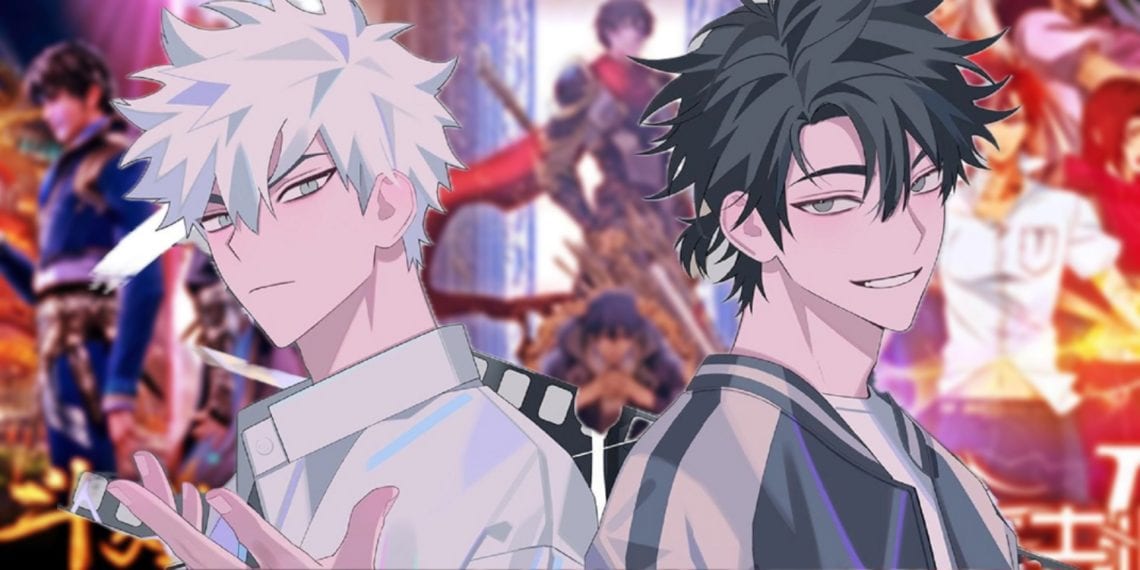The animator, who chose to remain anonymous, slammed the culture of discrimination that exists in the anime industry, specifically calling out the prejudice harbored by some Japanese studios against animators subcontracted from China. He recounted his personal experience working at one major anime studio, which has faced heavy criticism over the last two years for alleged unethical business practices.
He expressed disbelief at the lack of skill and competence displayed by the Japanese studio’s in-house animators.
He was concerned by their continual hiring of inexperienced, underqualified artists and their failure to properly train younger animators or pass down knowledge from veteran talents.
In contrast, he praised the animation work produced by Chinese subcontractors, assessing that they often deliver higher quality art and animation than the Japanese studio itself at this point.
中国アニメ会社的に、日本の予算だと安くてできないという話はよく聞く。
いずれ、製作委員会に中国企業をガンガン入れて予算を上げてハイクオリティな中国制作の日本原作アニメができる日も近いかもしれない。てか、そうなるだろう。ここ30年の日本の黄金の負けパターンに乗っかっちゃってる。
RT— 西位 輝実 NlSHII Terumi (@NishiiTerumi) January 18, 2024
Yet he lamented that Chinese staff are still viewed as inferior despite their talents.
Further, he highlighted that he has never seen a Japanese animated production select a Chinese director to lead, indicative of an industry attitude that Chinese crew should only be utilized on the basis of cost savings, not creative contribution.
He closed by calling for a change in these prejudicial perceptions against foreign animators.
A Chinese Animator Speaks Out About Japanese Animators
The anonymous animator went on to highlight that he has worked alongside extremely talented Chinese animation staff in the past. However, he notes that these skilled individuals rarely get opportunities with major Japanese productions, despite their ability and eagerness to contribute.
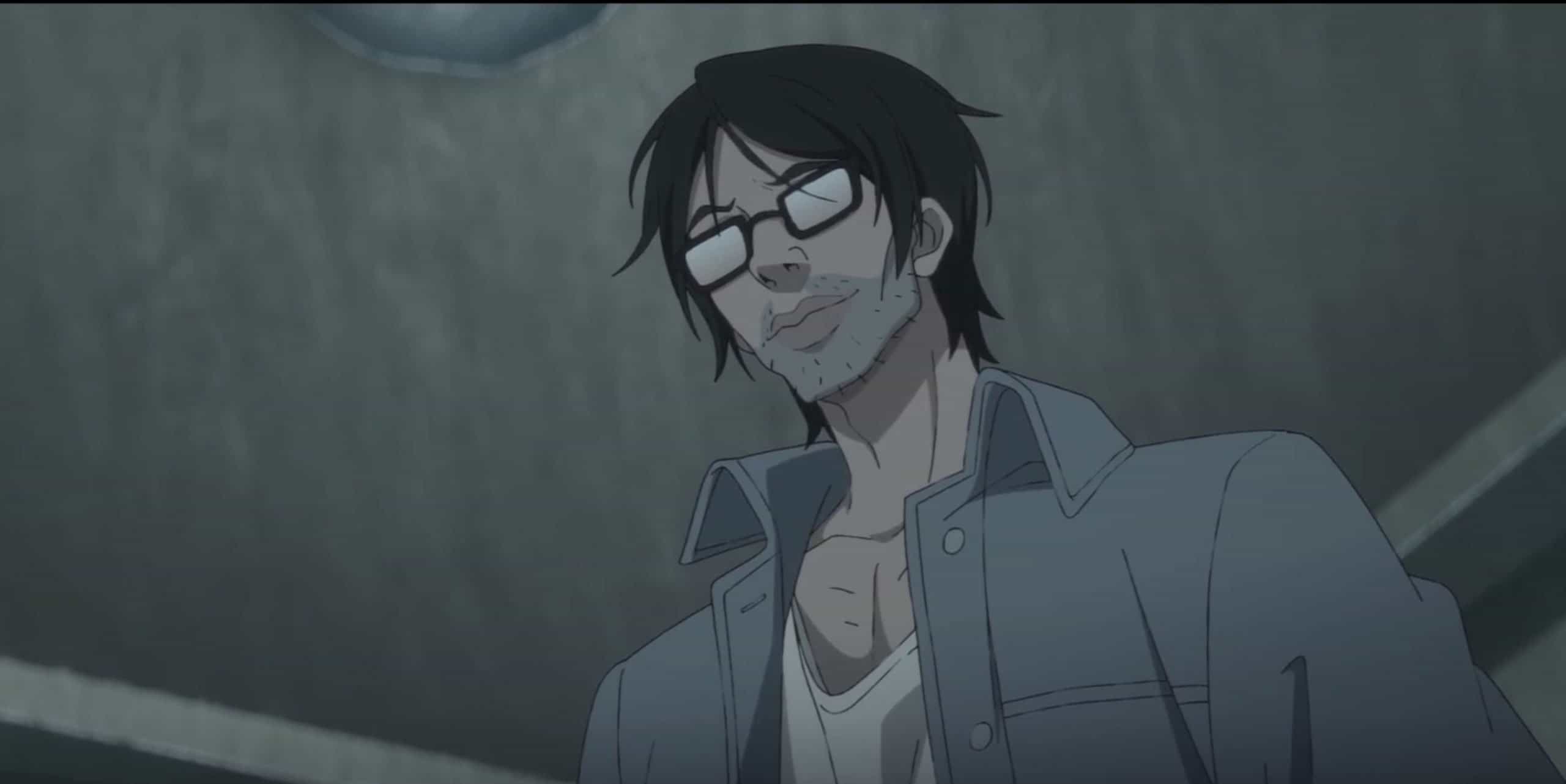
He observes that Chinese animators can often earn higher incomes working on domestic Chinese productions rather than Japanese outsourced projects. Yet many still actively pursue chances to animate for Japanese studios out of enthusiasm for the art form.
Reflecting on past discrimination, the animator recalls overhearing remarks early in his career dismissing Chinese subcontractors as inherently unable to produce quality animation.
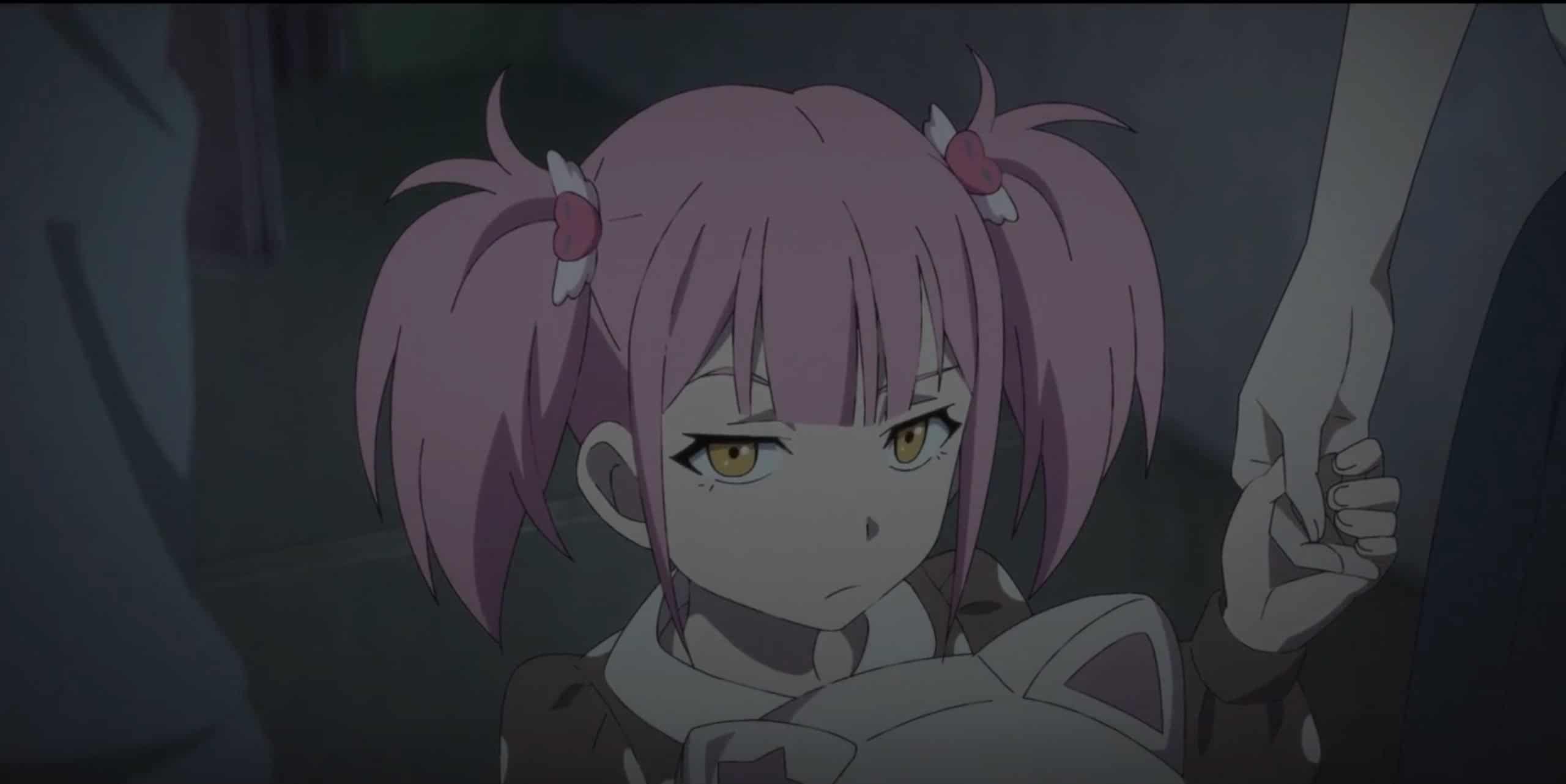
In retrospect, he realizes these Chinese studios were severely underpaid and given insufficient time, hardly an equal chance to demonstrate their capabilities.
Ultimately, he argues that a fair evaluation would provide Chinese animators with the same budgets and production schedules as Japanese teams.
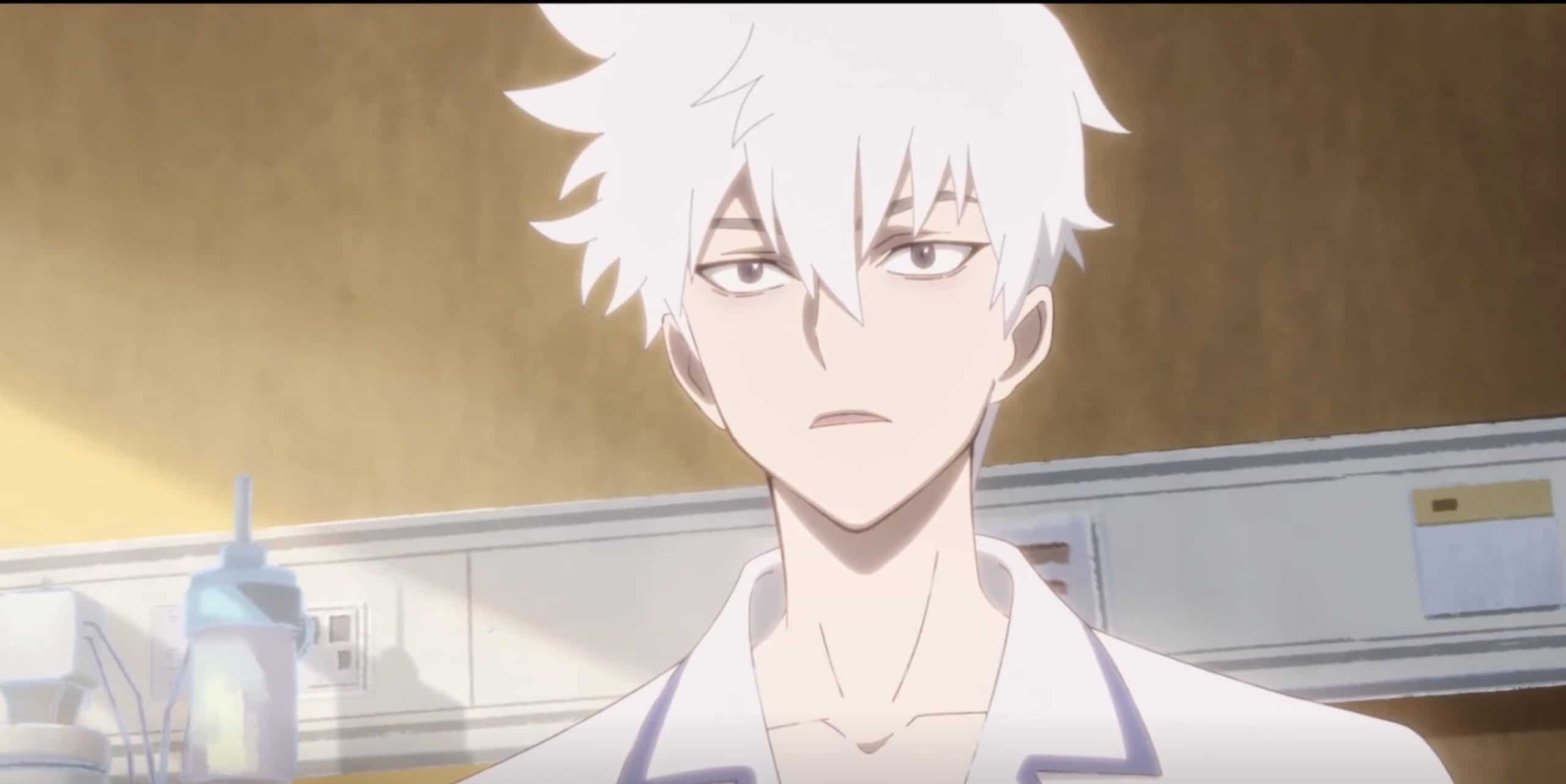
If Chinese studios were commissioned on equal footing, he believes the resulting work would shut down outdated notions of inferior talent or skill outside Japan. The playing field should be leveled to give an accurate picture of what Chinese animators can accomplish.
Anime Industry’s Looming Crisis
The anonymous insider further warned that with anime generating massive profits lately, a single mistake borne of incompetence could financially ruin an entire studio. His sentiment about veteran Japanese animators failing to properly mentor younger talents was echoed by Terumi Nishii, the chief animation director for the hit film “Jujutsu Kaisen 0.”
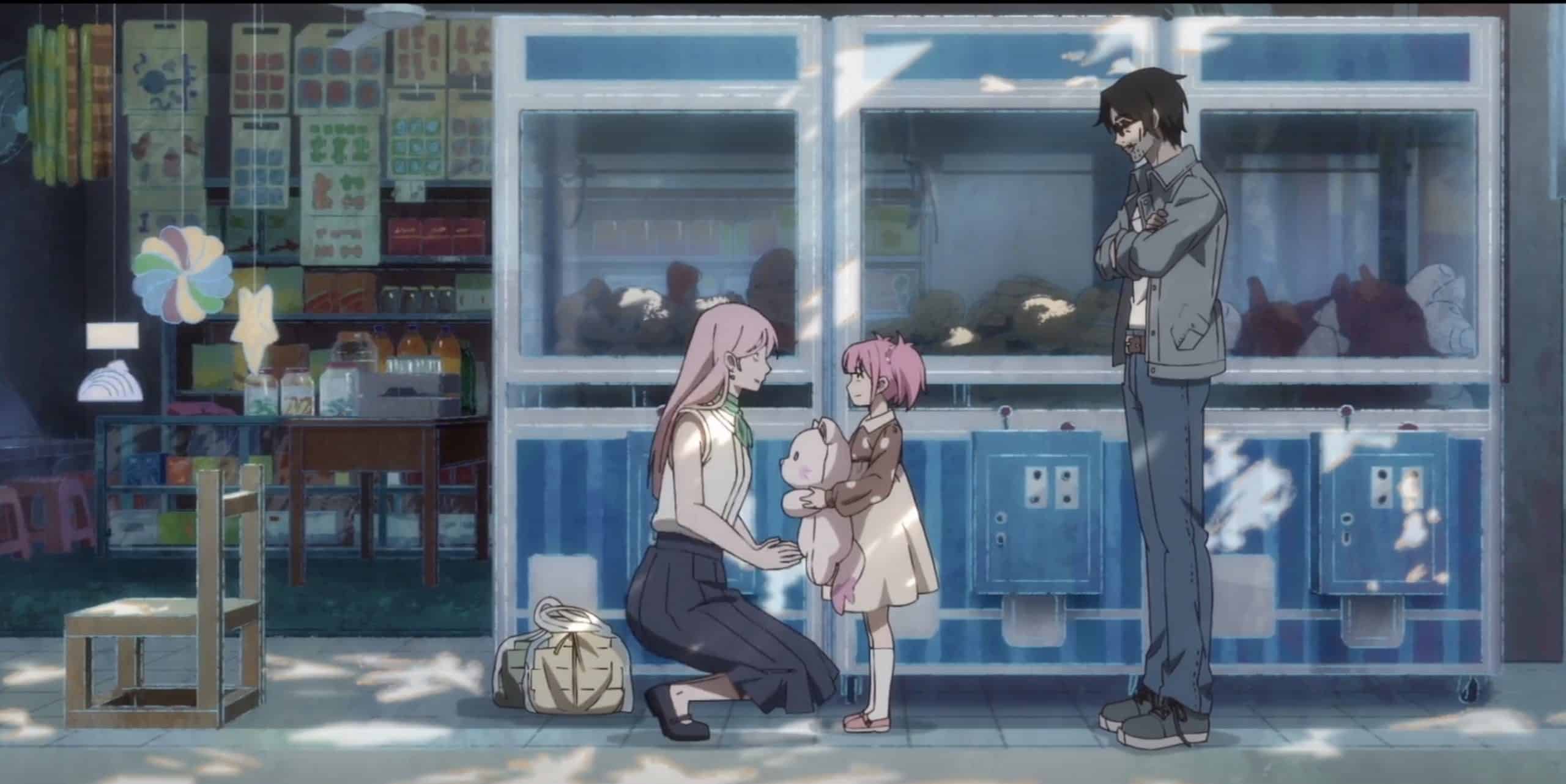
Nishii similarly raised the alarm that the anime industry in Japan risks total collapse in the near future due to lacking transfer of knowledge between generations of creators. She also weighed in on the recent public discussion sparked around the treatment of Chinese animators in Japanese productions.
In a statement on social media, Nishii observed that the younger generation of Chinese anime artists seems increasingly passionate and humble when it comes to the animation craft.
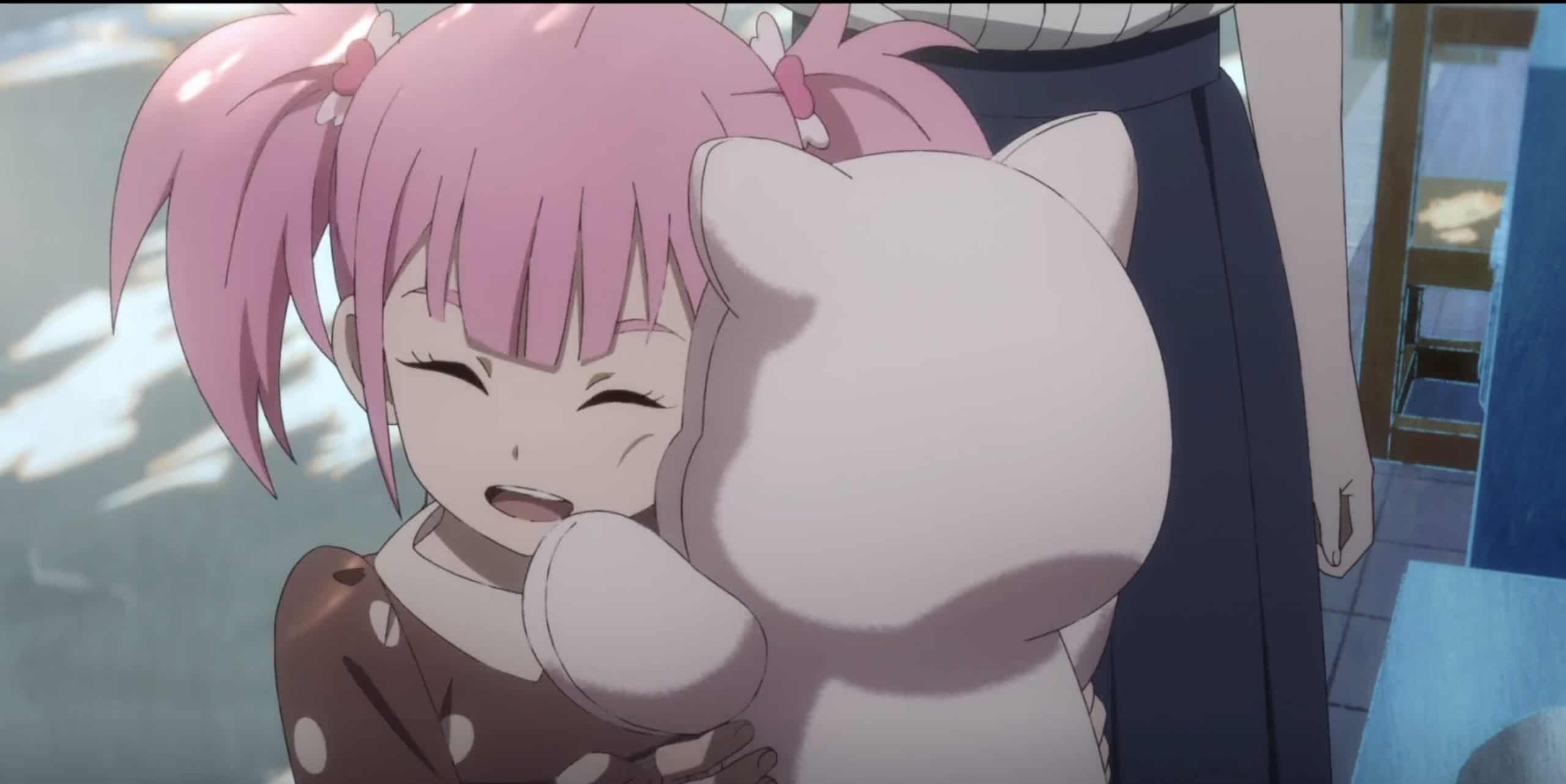
As more anime fans rise into managerial decision-making positions in China’s industry, she senses a genuine eagerness to keep improving standards and skills.
By contrast, Nishii lamented that this ambition to progress seems lacking in Japan currently. Combined with China’s greater funding and resources now pouring into anime, she worries that Japan may lose its competitive edge and supremacy unless mindsets change.
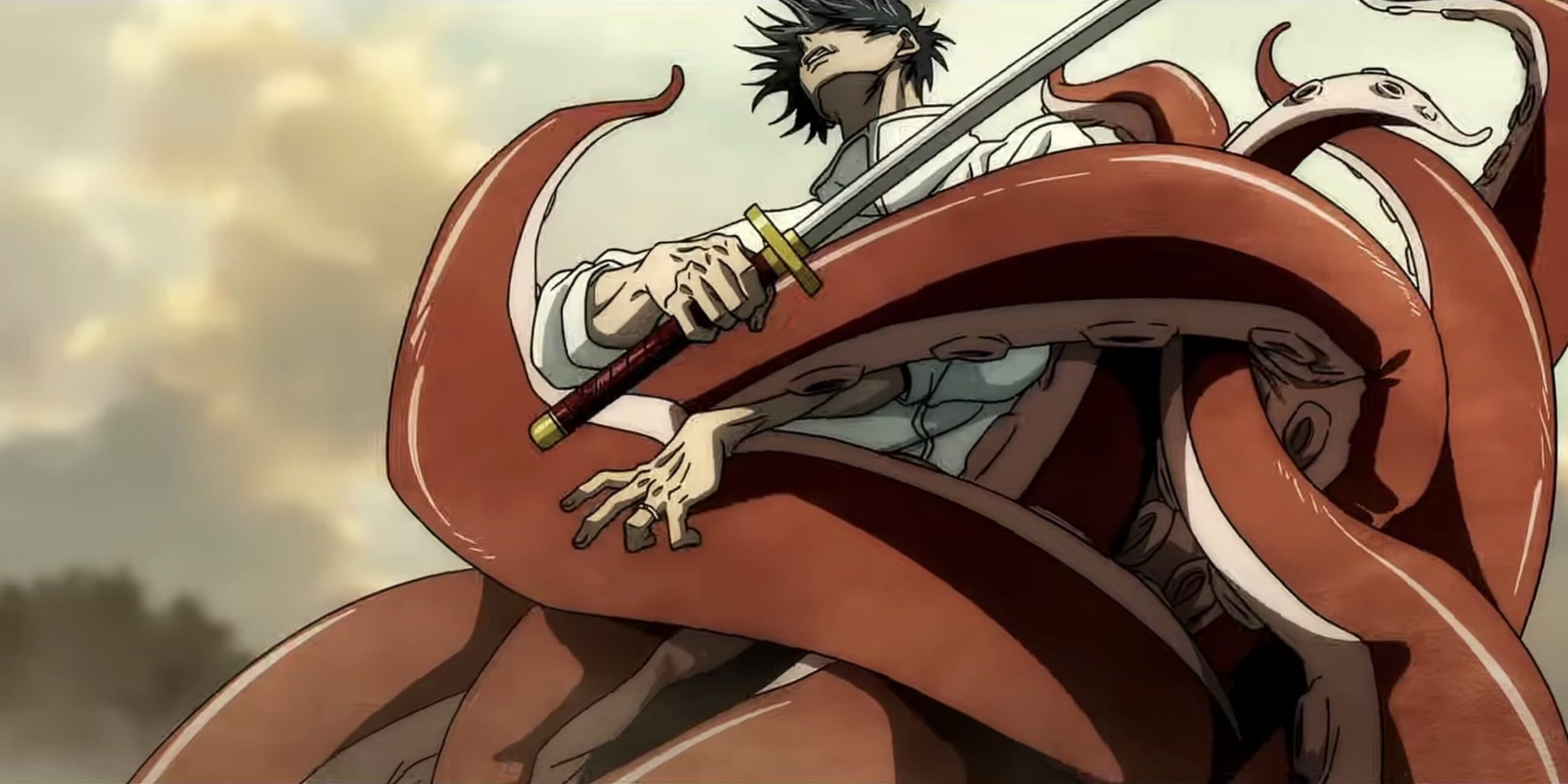
While Nishii did raise some concerns about potential government interference in the art form if China gains more influence, she assessed that money is often the strongest determining factor in industry shifts. Her critique suggests that Japan must re-dedicate itself to the foundations of skill and quality if it hopes to retain its stature in the anime world.
Anonymous Animator and ‘Jujutsu Kaisen 0’ Chief Animation Director Sound Alarms
In his concluding remarks, the insider animator highlighted how the skill level of foreign studios, especially Chinese, is already on par with top Japanese studios today. He cited the recent Solo Leveling anime opening sequence directed by Korean talent Choi Inseung of Studio PPURI as evidence.
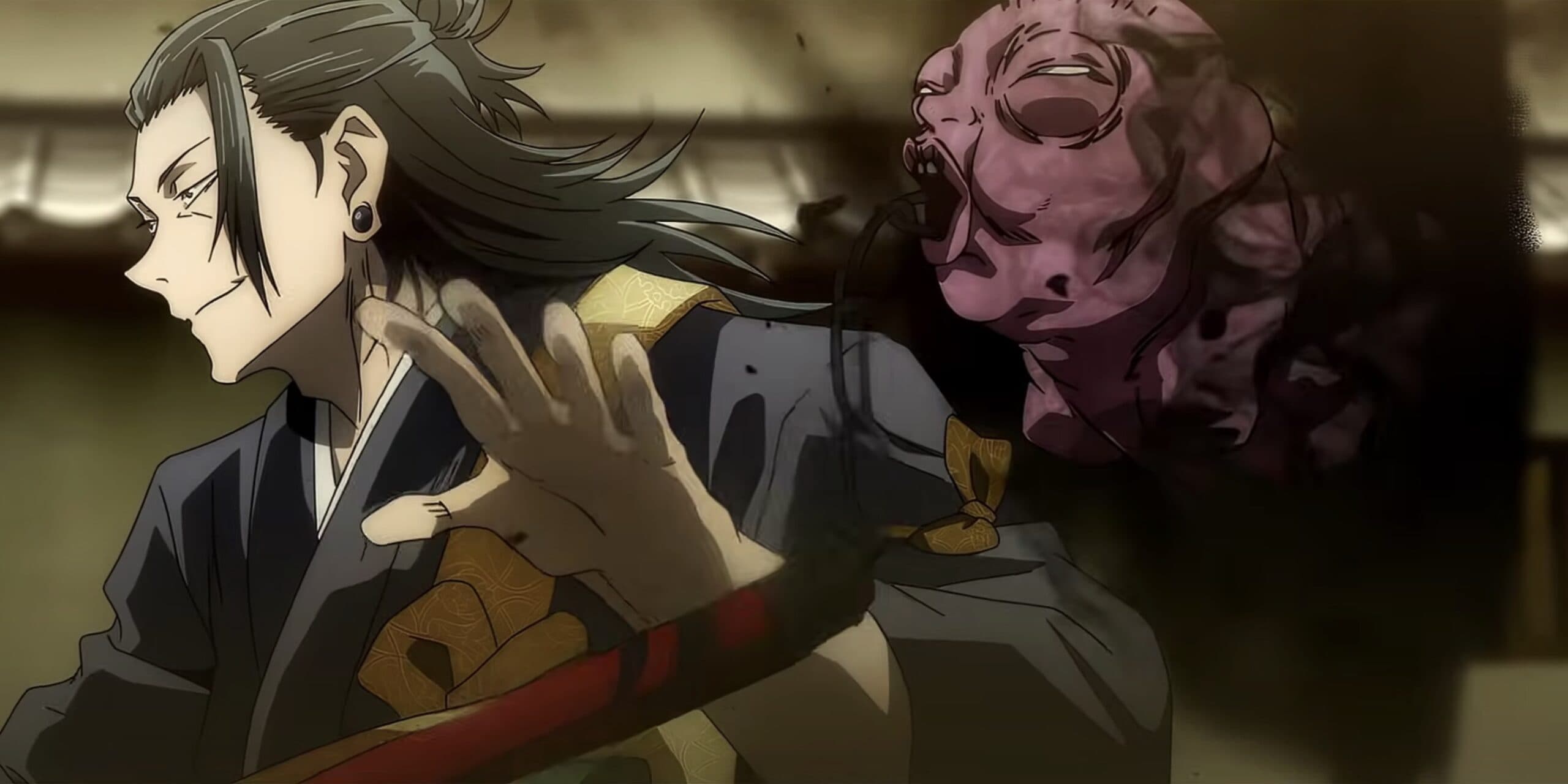
Further supporting this view, acclaimed producer Masao Maruyama stated last year his belief that without restrictive governmental policies on artistic expression, Chinese donghua could readily surpass Japanese anime.
The oft-overlooked contributions of subcontracted foreign studios recently resurfaced as a discussion point when The Simpsons won an Emmy for an episode spoofing Death Note.
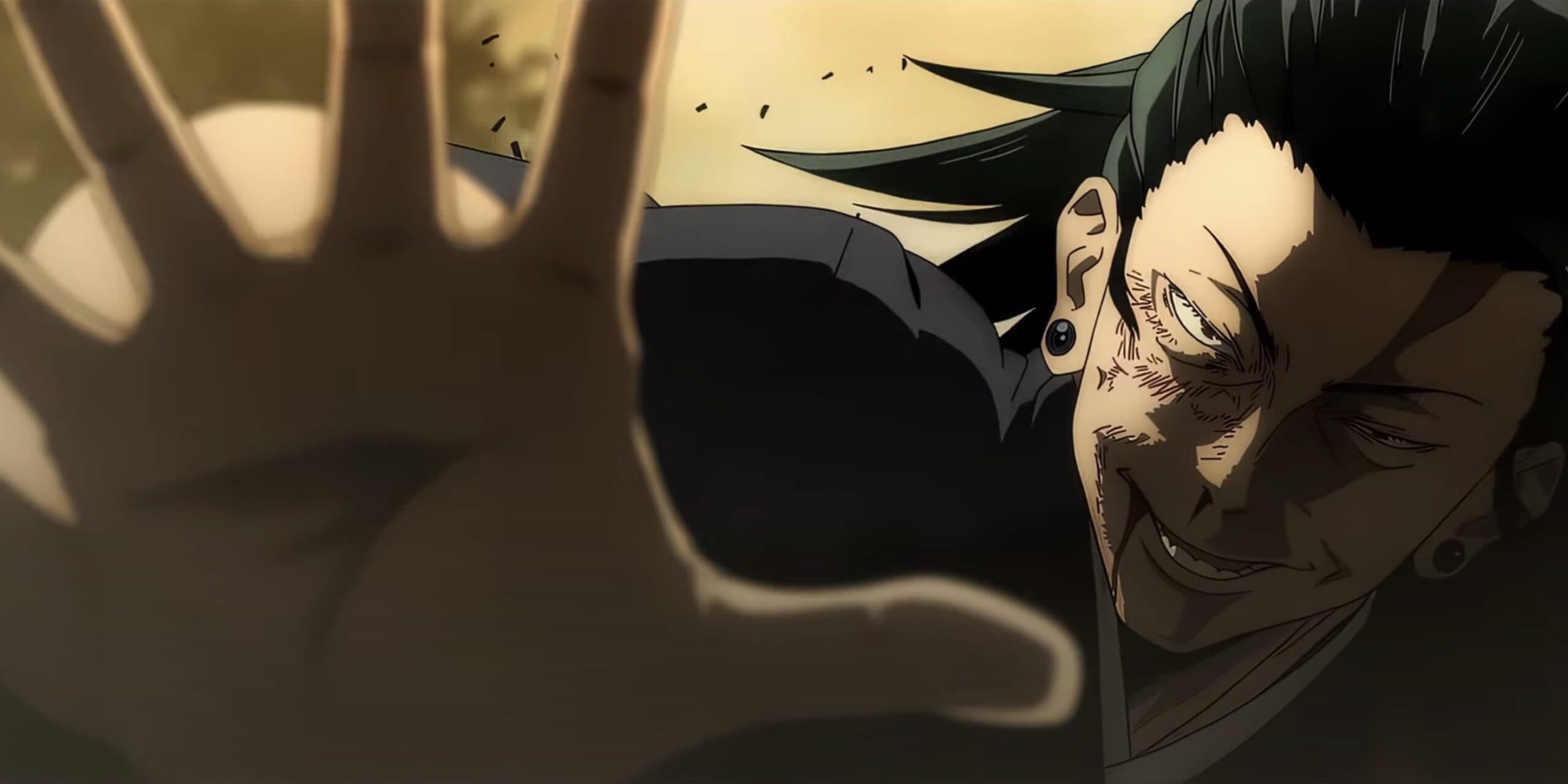
While Madhouse received prominent credit for the original Death Note anime, South Korean studio DR Movie animated substantial portions. DR Movie was brought back to work on The Simpsons’ Emmy-winning parody episode, though their animation excellence went unmentioned.
This again highlights Japanese studios gaining renown for works heavily supported by foreign contractors, who face discrimination and minimized recognition.
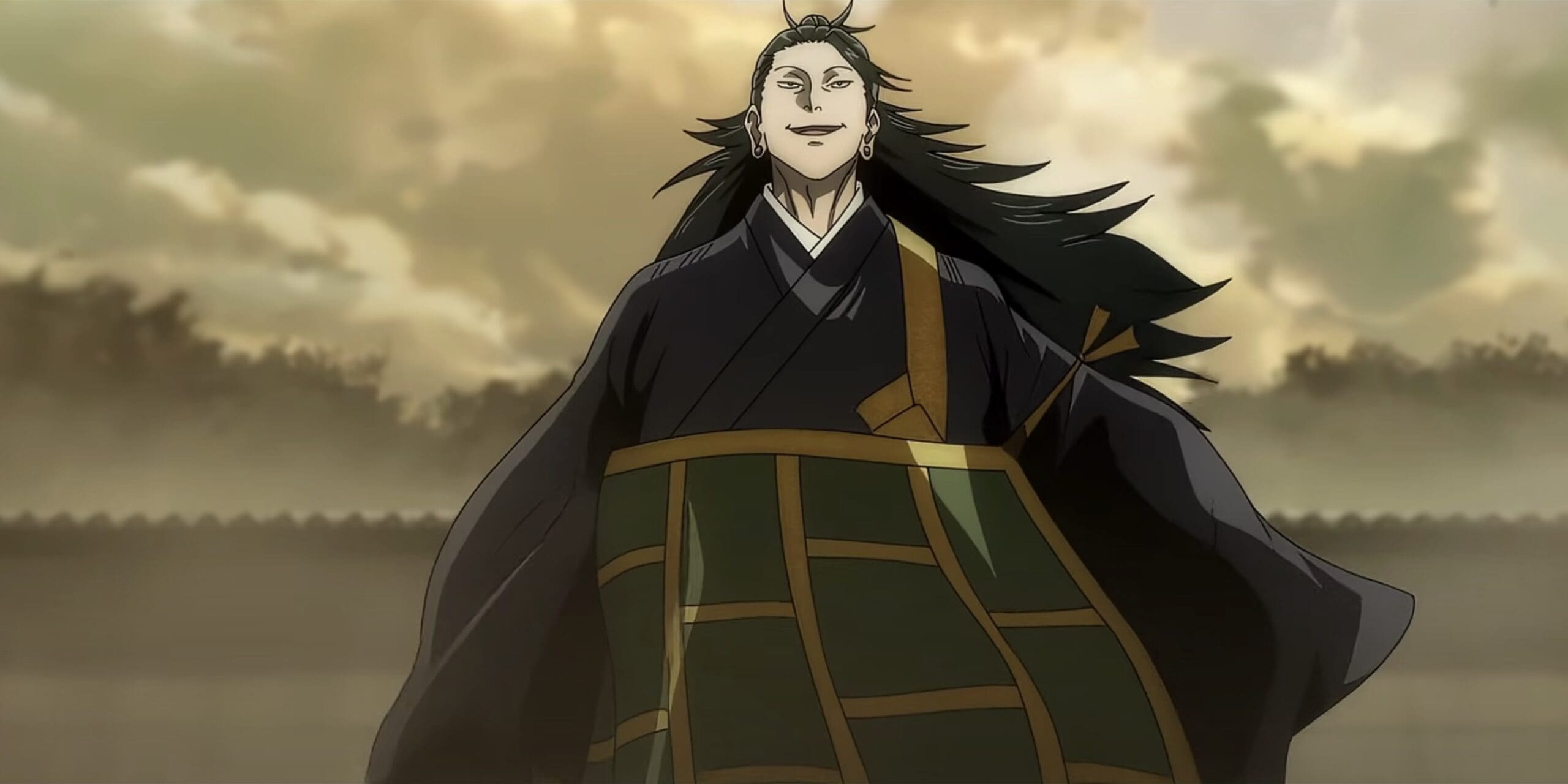
The insider’s thread has drawn attention to a number of issues – prejudice within the anime industry against Chinese and other foreign artists, arrogance over Japan’s standing internationally, and ignorance of how reliant top Japanese studios already are on overseas talent. Meaningful change in these dynamics may be inevitable considering the rapid global evolution of the anime industry.

